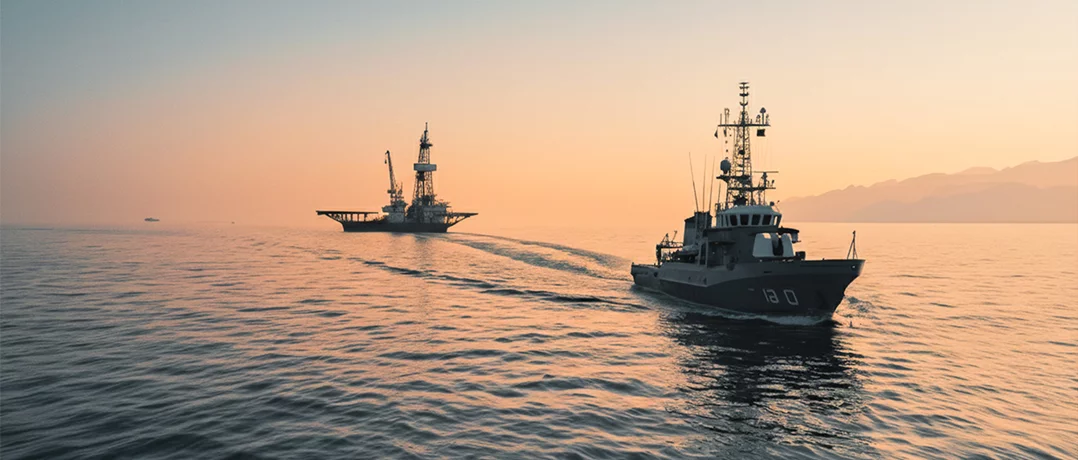After past drilling failures, Lebanon pushes maritime deals and new exploration to revive oil ambitions.
Lebanon’s oil gamble: Can block 8 revive a failing dream?
Lebanon’s oil gamble: Can block 8 revive a failing dream?


After Lebanon’s latest failure in its oil exploration efforts, following Total’s announcement that no gas was found in Block 9, echoing the earlier disappointment from drilling in Block 4, the government is now attempting to revive the energy file. With the recent approval of the maritime border demarcation agreement with Cyprus and the re-awarding of Block 8 to Total and Qatar Energy, questions are being raised: will Lebanon face another setback?
Energy expert and lawyer Christina Abi Haidar told Nidaa Al Watan that “the oil and gas file in Lebanon has seen renewed movement in recent weeks after a long period of stagnation.” She outlined three key developments:
1. Maritime border agreement with Cyprus
Abi Haidar explained that on October 23, the government approved the agreement to demarcate Lebanon’s maritime border with Cyprus, a step she described as “highly important,” since Lebanon must finalize its maritime borders with all neighbouring states to clearly define its rights and responsibilities.
She stressed that Parliament must now study, debate, and approve the deal to prevent a repeat of what happened in 2007, when a similar agreement with Cyprus was signed but never ratified, blocking its implementation. She added that no border agreement becomes binding without parliamentary approval, as required by the Constitution. Abi Haidar also noted that Lebanon bears extra responsibility regarding the maritime point shared with Cyprus and Israel, calling for careful coordination with Cyprus to protect Lebanon’s rights and interests.
Abi Haidar pointed out that demarcating the maritime border with Syria remains another crucial pending issue. Finalizing it, she said, would reassure international energy companies and encourage investment, since undefined borders create uncertainty and deter exploration.
2. Total’s long-delayed technical report
The second development, according to Abi Haidar, was the Lebanese government’s recent receipt of Total’s technical report on the well drilled in Block 9, a document that provides detailed scientific data on the exploration results.
However, Total submitted the report nearly two years late, even though it was required to do so within six months of completing drilling. The timing of the report’s delivery, coinciding with Total and Qatar Energy’s new contract for Block 8, raises questions about the reasons behind the delay, she said, noting that it harmed Lebanon’s interests and slowed down planning for future stages.
Abi Haidar emphasized the importance of presenting information about the oil and gas sector scientifically and objectively, without exaggeration, to ensure realistic expectations for the next phase, especially regarding Block 8.
3. New contract for block 8
The third key development was the decision to grant Total and Qatar Energy the right to operate Block 8, allowing them to conduct seismic surveys in preparation for drilling. Abi Haidar called on the government, through the Petroleum Administration and the Ministry of Energy, to closely monitor the consortium’s work and ensure a clear timeline for completing the surveys and moving forward with exploration.
She stressed that Lebanon must put real pressure on Total and its partners to fulfill all their obligations in Block 8 before taking any further steps, since this stage is strategically and economically critical for the country.
The next steps
Abi Haidar said the next priority should be to fill vacancies in the Petroleum Administration to maintain effective institutional work and improve performance. She also urged Parliament to move forward with legislation for onshore oil exploration, as several proposals remain pending.
She concluded that these measures are essential for Lebanon to achieve a balanced and sustainable development of its oil and gas sector, both offshore and onshore, a field that could become a key pillar of the national economy if commercial discoveries are made.

